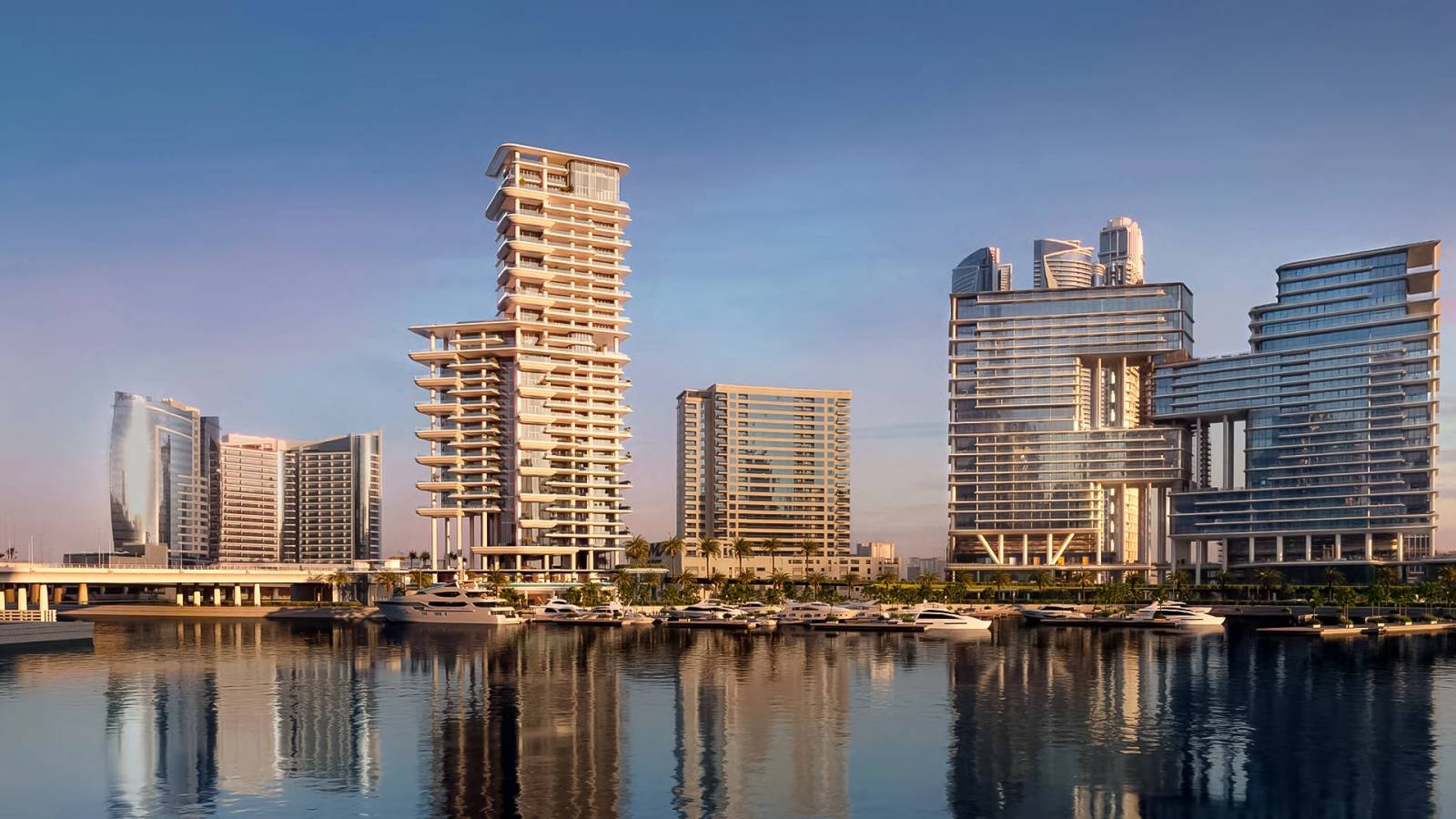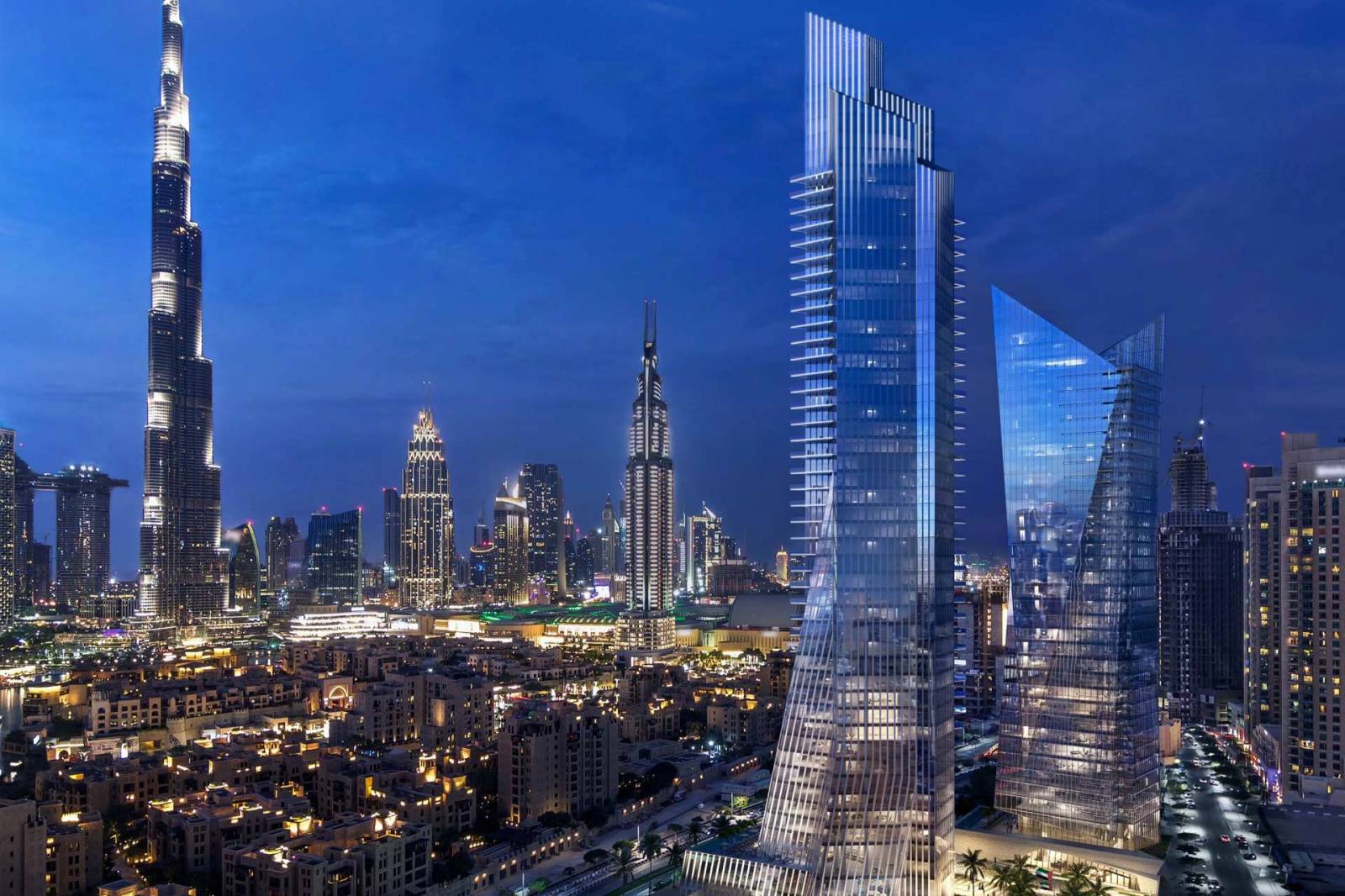
How the UAE Government Mitigates Flood Impact on Dubai Residents
In recent times, Dubai has faced a series of challenges due to extreme weather conditions, notably significant flooding. The government's proactive measures to mitigate the impact of these floods on residents have been pivotal. Additionally, the rising rental market continues to shape the landscape for both tenants and property buyers.
This article explores the UAE government's strategies to address flood-related issues and the ongoing dynamics of Dubai's real estate market.
Government Strategies to Address Flooding in Dubai
Responsibilities for Developers and Community Managers
In response to the recent severe flooding in Dubai, the UAE government has mandated that developers and community managers take responsibility for cleaning and repairing affected residences at no cost to the residents.

This initiative aims to reduce the inconvenience faced by those impacted by the floods and ensure that living conditions are quickly restored. By enforcing these mandates, the government seeks to maintain confidence in the real estate market and protect the wellbeing of residents.
Influence on Community Management Practices
The way community managers handle the aftermath of these flooding events is expected to significantly impact the decisions of potential buyers and tenants.
Effective management and prompt response to such challenges are crucial for maintaining the appeal of various residential areas. The ability of community managers to efficiently address and mitigate the effects of flooding will play a key role in attracting and retaining residents.
Strengthening Infrastructure for Future Resilience
Dubai faces unique challenges in managing sudden heavy rainfall, given its typically arid climate. The significant rainfall in April 2024 highlighted these vulnerabilities and led the government to approve a $21.8 billion sewerage system overhaul.

This extensive infrastructure project aims to support the city’s growing population and enhance its resilience against future flooding events for the next 100 years. By investing in long-term infrastructure improvements, Dubai is better equipped to handle extreme weather conditions.
Immediate Effects of the Flooding
The April 16, 2024 storm caused widespread disruption throughout Dubai. Roads and buildings were inundated, public transportation services were halted, and numerous businesses were forced to close temporarily.
Many individuals were stranded in offices, metro stations, and at Dubai International Airport due to cancelled flights. These disruptions underscored the need for robust flood management strategies and effective emergency responses.
Dynamics of Dubai's Rental Market
Ongoing Increase in Residential Rents
Dubai's rental market has been experiencing continuous growth over the past few years. Residential rents have increased for the 13th consecutive quarter, reflecting a year-on-year rise of 20%.
Currently, rents are 72% higher than they were at the beginning of 2020. This trend indicates a sustained high demand for rental properties in the city.
Adjustments to the Real Estate Regulatory Agency Calculator
To address disparities between renewal and new rents, the Real Estate Regulatory Agency (RERA) updated its rent calculator on March 1, 2024. This adjustment aims to align renewal rents more closely with current market prices, potentially leading to higher rents upon renewal.

As a result, tenants might seek more affordable options, increasing movement within the rental market.
Legal Changes for Rent Revaluation
Starting from April 1, 2024, Dubai landlords must obtain a legal order to request rent revaluation. This change is intended to reduce disputes over rental increases and provide greater stability for tenants.
Landlords can still apply for revaluation through RERA if they believe the Rental Index undervalues their property, ensuring a fair process for all parties involved.
Stabilization of Villa Rents
While apartment rents continue to rise sharply, villa rents are beginning to show signs of stabilization. The heavy rains have put downward pressure on rents in some flood-affected communities, indicating a potential easing of rent increases in these areas.

This trend offers some relief to tenants who prefer living in villas.
Rent Increases in Various Districts
The most significant rent hikes have been observed in affordable and mid-market areas. For example, year-on-year rents increased in:
- Discovery Gardens - by 35%,
- Dubailand - by 31%, and
- Dubai Sports City - by 30%.
In contrast, prime districts like Palm Jumeirah and Downtown Dubai saw more modest increases of 3% and 7%, respectively.
Trends in the Property Sales Market in Dubai
Increasing End-User Purchases
High rental yields and rising rents are prompting more end-users to purchase properties, particularly in the ready market. With mortgage costs expected to moderate in the coming quarters, buying property becomes a more attractive option compared to renting.

Citywide sales prices have increased by 20% annually, reflecting robust demand in the market.
Surge in Villa Sales Prices
Older villa communities, such as The Lakes and Jumeirah Park, have experienced significant price hikes.
This increase is driven by the trend of renovating and reselling units at higher prices, which has elevated the average sales price in these areas and attracted buyers looking for modernized homes.
Moderation in Apartment Sales Prices
Sales price increases for apartments have moderated, particularly in prime submarkets like Palm Jumeirah, City Walk, Downtown Dubai, and Dubai Marina.

Conversely, affordable and mid-market apartment communities have seen sharper price increases. Discovery Gardens, Dubai Sports City, and Dubailand recorded sales price rises of 37%, 34%, and 32% year-on-year, respectively.
New Property Developments
In the first quarter of 2024, over 8,351 new units were completed, with an additional 29,690 units expected to be delivered between the second and fourth quarters.

This brings the total number of new units to nearly 38,000 for the year. Despite continued demand for villas, developers have been slower to respond due to limited land availability.
Meanwhile, new apartment project launches increased by 22%, while villa launch volumes declined by 30%.



